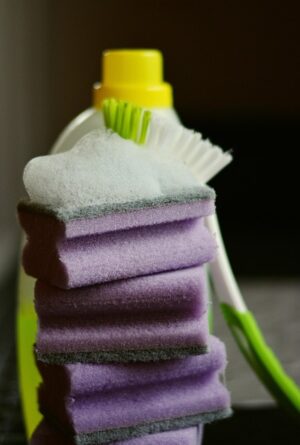Residential drain systems are a complex network of pipes, sewers, and traps that efficiently remove wastewater from homes. Regular drain cleaning is crucial for maintaining system health, preventing clogs, backups, and costly repairs. Buildup from hair, grease, soap scum, and other debris can cause slow drainage or complete blockages. Professional drain cleaning services use specialized tools like power snakes, high-pressure water jetters, and chemical drain cleaners to tackle stubborn issues. DIY methods with tools like plungers and baking soda/vinegar mixes can help with minor clogs, but persistent blockages require professional equipment. Regular maintenance every 3-6 months prevents serious drain issues and extends pipe lifespans. Homeowners can also prevent blockages by avoiding certain substances and using natural cleaners.
Residential drain cleaning is an essential yet often overlooked aspect of home maintenance. Understanding your home’s drainage system and the common causes of clogs can prevent costly repairs. This comprehensive guide covers everything from basic drain system overviews to effective DIY cleaning methods and professional services. Learn how regular cleaning benefits your plumbing, avoids disasters, and ensures a smooth-flowing home environment. Discover tips for maintaining clear drains and say goodbye to annoying clogs once and for all.
Understanding Residential Drain Systems: A Basic Overview

Residential drain systems are a complex network of pipes, sewers, and traps designed to remove wastewater from homes efficiently. Understanding this system is crucial when it comes to maintaining and addressing any issues, especially for those considering professional drain cleaning services. At its core, a residential drainage system starts with the sources of water in your home, such as sinks, showers, and washing machines, which are connected to pipes that lead outside the house.
These pipes navigate through various sections, including vertical pipes (risers) and horizontal runs, ultimately connecting to larger sewer lines managed by local municipalities. Along these routes, traps are strategically placed to prevent sewage gases from entering your home while allowing water to flow freely. Regular drain cleaning practices help maintain the health of these systems, ensuring optimal performance and minimizing the risk of clogs or backups that could lead to costly repairs or unsanitary conditions.
Why Regular Drain Cleaning is Essential for Homes
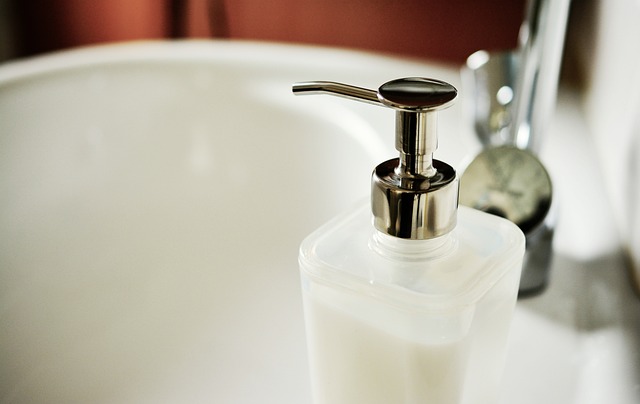
Regular drain cleaning is a critical component of home maintenance that often goes overlooked until clogs and obstructions become persistent issues. Over time, drains gather hair, grease, soap scum, and other debris, leading to slow drainage or complete blockages. These buildup can not only cause inconvenience but also potentially lead to more severe plumbing problems and costly repairs.
Effective drain cleaning helps maintain the efficiency of your home’s plumbing system, ensuring water flows smoothly through pipes and drains. By scheduling regular maintenance, homeowners can prevent costly emergency repairs and minimize disruptions caused by clogged drains. It is a proactive measure that safeguards against health hazards associated with standing water and bad odors, contributing to a cleaner, more hygienic living environment.
Common Clogs and Blockages in Household Drains
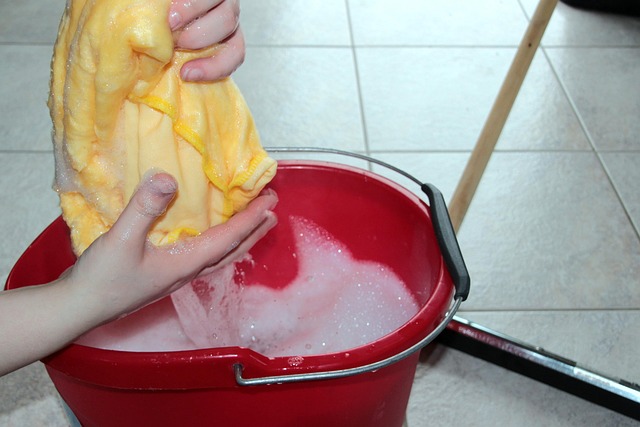
In every household, drain cleaning is a necessary task due to the common issue of clogs and blockages. The most frequent culprits include hair, grease, and food scraps that accumulate over time, leading to slow drains or complete obstructions. These organic materials can solidify and stick to pipe surfaces, causing significant disruptions in plumbing systems. For instance, hair can form a tangible mass in the sink or shower drain, while grease buildup may occur in the pipes leading from kitchen sinks, creating a congealed substance that prevents water flow.
Additionally, foreign objects like toys, cotton balls, or even small household items inadvertently flushed down the toilet can cause severe clogs. These obstructions not only disrupt daily routines but can also lead to more serious plumbing issues if left unattended. Prompt action and regular maintenance through professional drain cleaning services are essential to prevent such problems from escalating, ensuring smooth drainage in every corner of your home.
Tools and Equipment for Effective Drain Cleaning

When it comes to effective drain cleaning, the right tools and equipment make all the difference. Professionals rely on a range of specialized devices designed to navigate and clear even the most stubborn clogs. Among the essentials are power snakes or augers, flexible rods that can be maneuvered through pipes to break up and dislodge blockages. These tools are often equipped with rotating heads or blades that help remove hair, grease, and other common drain obstructions.
Another critical piece of equipment is the high-pressure water jetter, also known as a hydro-jetter. This powerful tool uses a stream of pressurized water to cut through buildup and break apart materials causing clogs. Hydro-jetters are versatile and can handle various types of drains, from household sinks to larger industrial pipes. Additionally, chemical drain cleaners, while controversial due to potential environmental impacts, offer a quick fix by dissolving blockages caused by soap scum or mineral deposits.
Step-by-Step Guide to Cleaning a Residential Drain
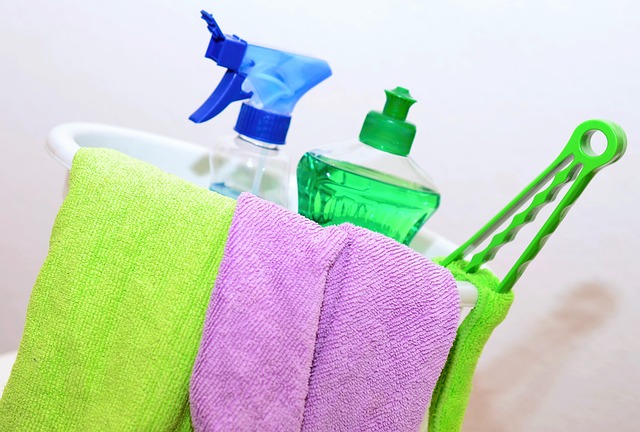
Cleaning residential drains is an essential part of maintaining a healthy and safe living environment. Here’s a step-by-step guide to help you tackle this task effectively. Start by gathering the necessary tools, including a drain snake, a plunger, hot water, and a solution of baking soda and vinegar. First, clear any debris or hair from the drain cover using a stick or a net. Next, pour hot water down the drain to loosen any built-up grease or gunk.
After that, mix baking soda and vinegar in equal parts and slowly pour this mixture into the drain. The chemical reaction will help break down any stubborn clogs. Use the plunger to apply pressure and suck out the solution along with any accumulated waste. Repeat this process if necessary until the drain is clear. Regular maintenance using these simple steps can prevent serious drain issues down the line, ensuring smooth water flow and avoiding costly repairs.
Dealing with Difficult Blockages: When DIY Fails
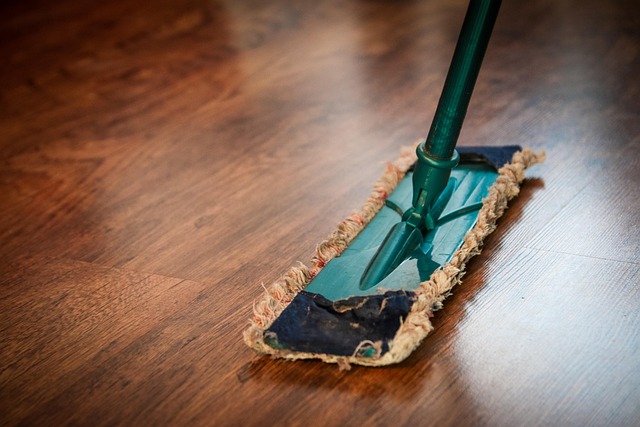
When it comes to residential drain cleaning, many homeowners try their hand at DIY methods as an initial go-to solution. However, some blockages prove stubborn and difficult to dislodge, even with over-the-counter products or home remedies. In such cases, relying on professional services becomes essential for effective and lasting results.
Professional drain cleaners employ specialized equipment and high-pressure water jets to tackle severe clogs. They have access to advanced tools like hydrojetting machines that can break apart and remove complex obstructions, including tree roots, built-up grease, or foreign objects that DIY methods often struggle with. By enlisting the help of experts, homeowners can prevent further damage to their plumbing systems and restore smooth drainage flow in no time.
Benefits of Professional Drain Cleaning Services
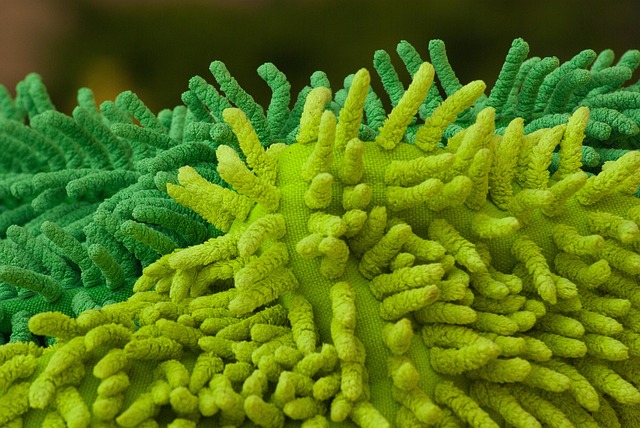
Professional drain cleaning services offer numerous benefits that can significantly improve your home’s plumbing system. First and foremost, they ensure optimal drainage efficiency. Clogs and obstructions can accumulate over time, leading to slow drains or even complete blockages. Experts employ specialized equipment and techniques to thoroughly clean these obstructions, restoring smooth water flow. This not only prevents water damage but also reduces the risk of more serious plumbing issues.
Additionally, professional drain cleaning services provide a deeper and more comprehensive clean than what is possible with household tools. They have access to high-pressure hydro-jetting machines that can dislodge even stubborn buildup, including grease, hair, and debris. Regular professional maintenance can extend the lifespan of your pipes, ensuring they remain in good condition. This is particularly important for older homes where plumbing systems may be more prone to issues.
Maintaining Clean Drains: Tips for Homeowners
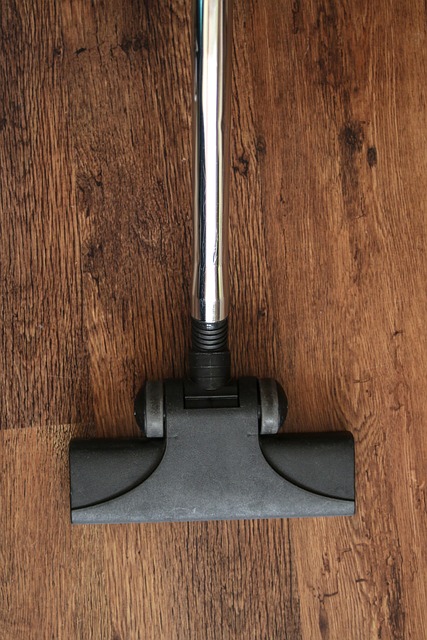
Maintaining clean drains is an essential aspect of home ownership that often goes overlooked until issues arise. Regular drain cleaning can prevent costly repairs and ensure your plumbing system functions efficiently. Start by scheduling periodic drain cleaning appointments with a professional service, ideally every 3-6 months, depending on the size of your home and water usage.
Between professional visits, homeowners can take simple steps to keep drains clear. Avoid pouring grease or fatty foods down the sink, as they solidify in pipes and cause blockages. Also, steer clear of flushing solid objects like coffee grounds, eggshells, or sanitary products into the drain. Instead, use hot water regularly to flush out any built-up residue. Install drain covers to catch hair and other debris, and consider using natural cleaning solutions like baking soda and vinegar as alternatives to harsh chemicals.
